Strategy and insights
Reading's cultural strategy, plus blogs and other insights on making your organisation and your events a success.
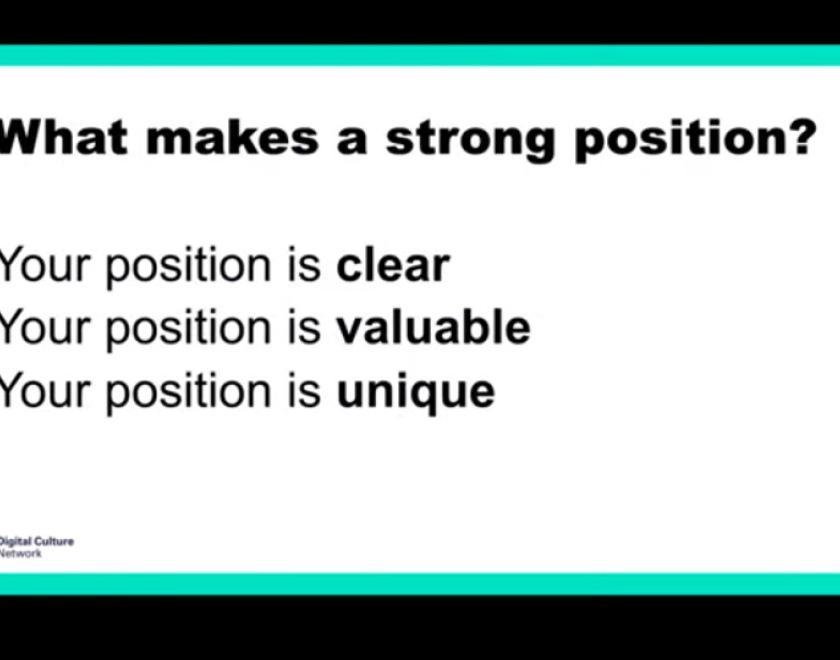
Webinar recording – Strategic positioning: The art of getting noticed by the people who matter
“You don’t need to be big to stand out, just a bit different” The positioning concept in marketing is about how to achieve a clear distinction in the minds of your audience about what you offer. Done well, it becomes a sustainable advantage that makes you valuable to people in a way that others cannot easily copy.
A strong winning position means that when a customer needs what you offer, you are the only obvious choice. Whether you’re just starting out or deep into executing a plan, a fresh look at your positioning strategy can open up many possibilities. This allows for connecting with new and existing audiences in a deeper, meaningful, and fruitful way.
Watch this on-demand webinar, and learn ways to raise the value of your marketing, and how to balance artistic output with audience appeal. Guided by our Tech Champion for Digital Marketing and Strategy, Ollie Couling, this 60-minute webinar covers:
- Why strategic positioning matters in marketing.
- Steps you can take to define and articulate your winning position.
- Case studies from across the creative and cultural sector.
- Practical tools and resources you can take forward.
> Access the webinar and resources
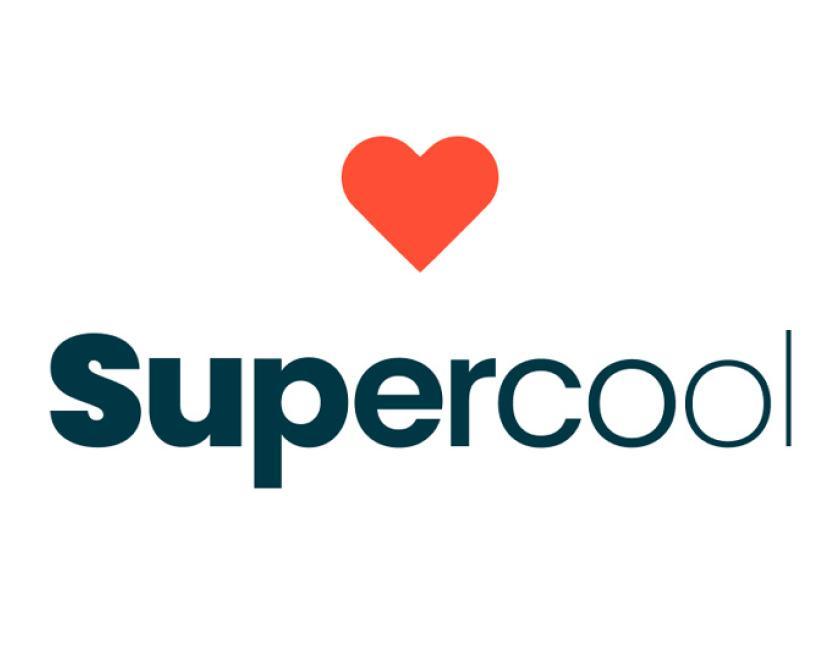
Supercool Sessions #15 – How to make your website more sustainable
We know that web pages have a carbon footprint. And that arts and cultural organisations – and your audiences – care about sustainability. But without a benchmark to assess the carbon footprint of cultural websites, it’s hard to know if and how we can reduce our negative impact.
So, early in 2025 – in collaboration with Digital Carbon Online – Supercool measured the carbon footprints of 66 cultural websites. Tracking nearly 9 million page visits over 3 months, they collated and analysed the data, and the first ever Cultural Website Sustainability Benchmark Report the result of that work.
In this session, we present findings from the study, explain you how you can measure your website, and share straightforward strategies to help you to reduce your website’s carbon footprint.
You’ll learn:
- Sector-specific findings about website carbon footprints
- Practical strategies and actions to reduce the carbon footprint of your website
- Direction on where to focus your energy when it comes to reducing the carbon footprint of your website
> Access the webinar and resources

Culture and Heritage Statement of Intent 2023-2026
Reading’s Culture and Heritage Statement of Intent has been created in collaboration with the Culture, Heritage and Creative sectors as well as key stakeholders. We recognise that Culture and Heritage has always been a conduit for delivering positive social benefit but that it has become even more important since covid19. This Statement of Intent recognises the importance of Culture, Creativity and Heritage in the following areas of work.
-
Placemaking
-
Physical and Mental Health and Wellbeing
-
Celebrating the diversity of Reading’s communities
-
Economic Development
-
Sustainability
Summer 2025 updates
If you weren’t able to join us over the summer for our workshop exploring the Statement of Intent, you haven’t missed out. find the workshop notes and an updated version of the Statement of Intent, shaped by your valuable feedback.
We’ve also included an Impact Statement to show how this document guides and influences our work.
Interested in helping shape the next iteration in 2026? We’d love to hear from you! Please get in touch with Zsuzsi Lindsay at Zsuzsi.Lindsay@reading.gov.uk.

Cracking Down on Spammy Content on Facebook
Facebook has announced new updates to their algorithm to "improve Feed, help creators break through and give people more control over how content is personalized to them."
They recognise that too much spammy content is crowding out authentic creators and hurting the Facebook experience, and the changes mean that accounts gaming distribution and engagement or flooding Feed with spammy content will see less views and monetization.
You can read their full update on their blog
What this might mean for us
Hopefully, this should ensure that posts for our events and activities break through to our audiences more clearly (hooray!). But it may also be something to be mindful of in how we post on FB going forward - avoiding repetition of content when talking about events, or lots of posts at the same time... in short, ensuring our posts don't appear to be spam!
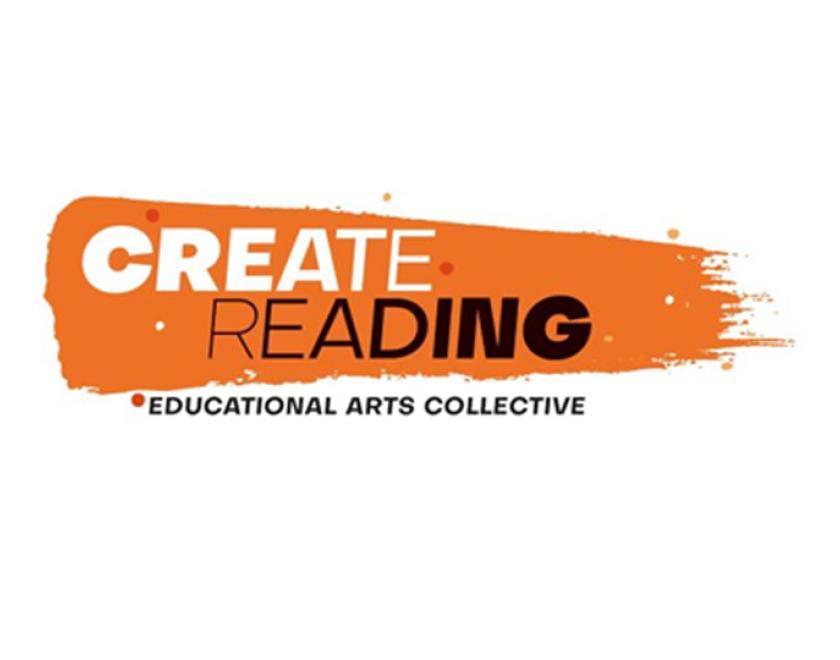
Cultural Education Partnership:Create Reading reports
The Cultural Education Partnership:Create Reading is a network of over 50 organisations. Working in partnership as the CEP in Reading, to protect young people’s right, as defined by UNICEF, to access the arts and creative programming, champion and demonstrate the importance of the arts as a core part a young person’s development, achieve more cultural discussion and collaboration across organisations and sectors to create activity for children and young people in Reading.
Download the Create Reading Reports
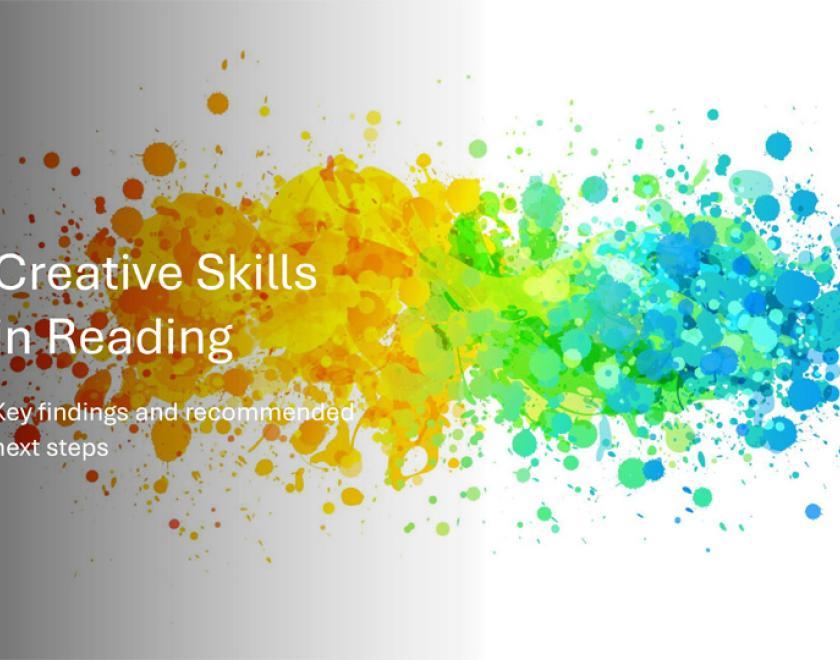
Creative Skills in Reading: Report
RBC recently looked into the overall level of creative skills in Reading and have revealed their findings in a new report.
The high-level findings:
- There is a skills gap in the wider creative sector
- There is a link between skills gap in screen industry and wider creative industry sector
- There is a lot already happening in the creative sector in Reading that could address this skills gap/more could happen with investment
- Feedback on where investment could be in order to activate pipelines of talent
- There is an opportunity for investment from ACE
Download the report
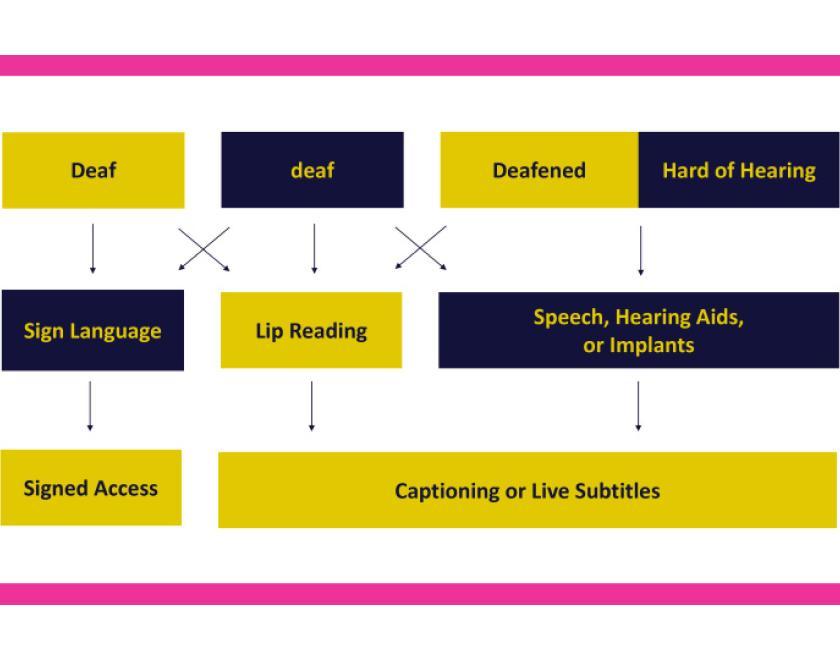
Webinar recording – End-to-End Access: A digital approach to inclusivity for deaf visitors
In this one-hour webinar from the Digital Culture Network, Oliver Webster (Head of Systems and Services at Stagetext), presents how to make your online resources and events accessible to deaf audiences.
In this webinar you will learn:
- The basics of deaf awareness
- What “end-to-end accessibility” is, and why it’s important when considering your visitors’ digital journey
- The different access provisions available to you and the pros and cons of each
Oliver shares data-driven insights and personal experiences from deaf visitors to highlight the importance of these practices. The webinar includes a Q&A from those who attended live, including a question from us at What's On Reading!
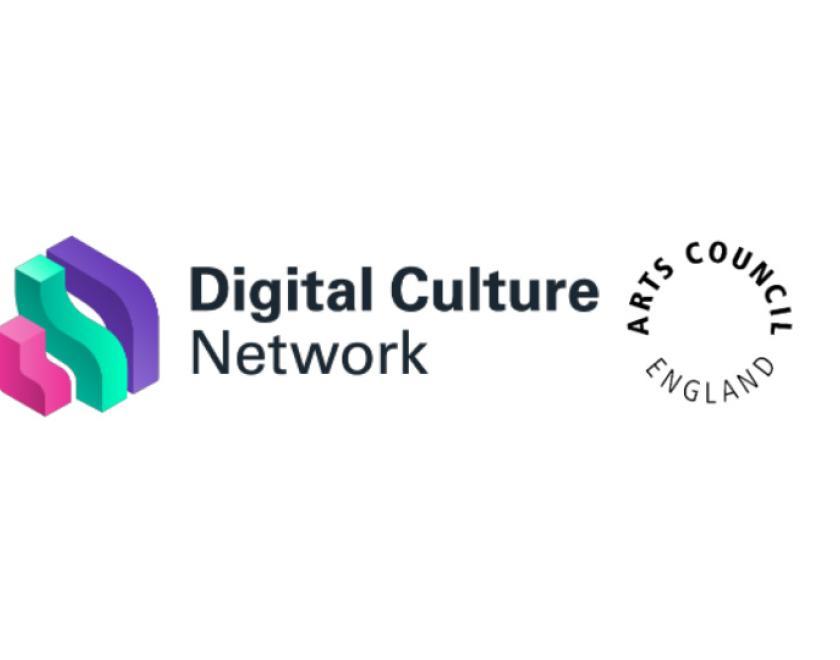
Webinar recording – Saddling up for success: Your guide to harnessing data
In this one-hour webinar, presented by James Akers, Tech Champion for Data Analytics and Insight, you will learn how data can be used across different teams to improve efficiencies, measure performance and inform actions.
You will learn:
- How to collect the right data aligned to your objectives
- Why it’s important to involve everyone in the process
- What practical tools and templates can help collate and share your data
> Access the recording and resources
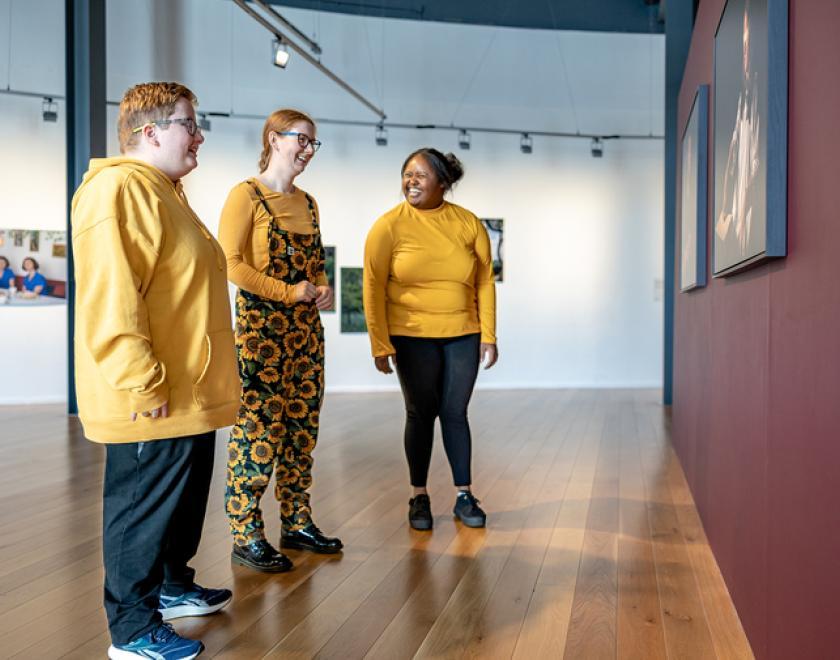
Access Culture: Full report available now
Access Culture is an Indigo Share: Hot Topic in collaboration with All In, sponsored by pointOne, providing creative and cultural organisations with the audience and visitor insight needed to create truly inclusive experiences. It was designed to help creative and cultural organisations:
- Understand how audience and visitor behaviour at cultural organisations is impacted by access needs.
- Develop a baseline understanding of audience and visitor perceptions of accessibility of venues, productions, events and exhibitions, linked to the forthcoming All In standards.
- Gain meaningful insight to understand how to develop an offer that helps everyone feel welcome and comfortable in our cultural venues.
- Identify areas of opportunity where an inclusive approach may enhance the experience for a whole range of audiences and visitors, with a focus on how technology could act as an enabler.
The survey was designed to be used by a broad range of creative and cultural organisations - including theatres, arts centres, museums, galleries, festivals and cinemas. The survey ran from 16 December to 3 Feb 2025 and 85 creative and cultural organisations across the UK sent out the survey to their audiences.
The results were presented in a free webinar on Tuesday 11 March, and the full report is now available to read.
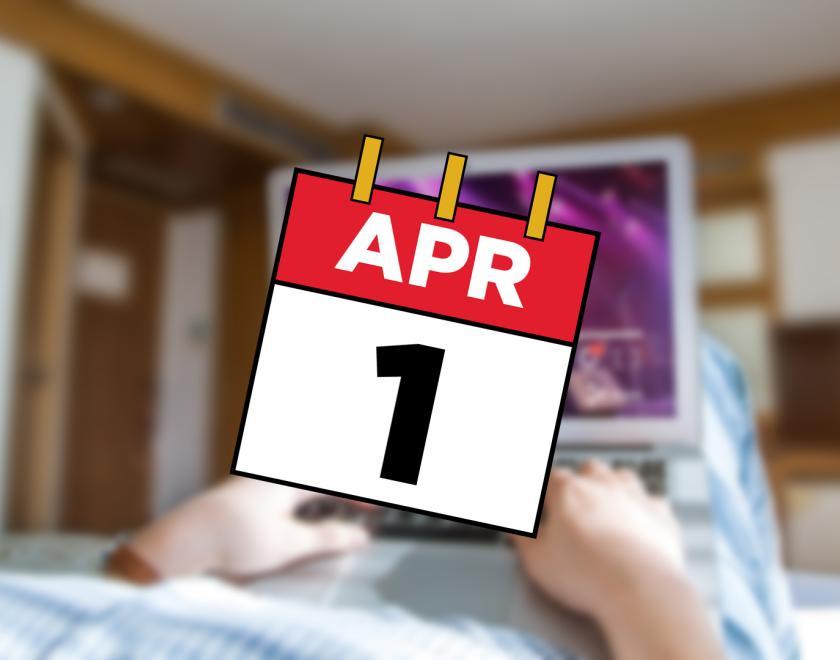
What April Fools can teach you about reach
April Fool's Day. For as long as I've been using the internet, it feels like it's been an important day for brands to have a little fun with their audiences. Indeed, the tradition of fake news stories goes back much further to traditional media, but seemed to hit a somewhat critical mass in the digital age, especially with social media giving brands a direct feed to their users.
But this year I noticed something different. And it was something indicative of the change in social media algorithms and organisations' ablility to reach their users directly.
-
Read more

Webinar Recording – The Missing Lens: Enhancing user experience for hidden impairments
This 60-minute webinar, hosted by Craig Pryde, founder of Different Breed ®, will introduce you to the often-overlooked challenges faced by people with hidden disabilities. Focusing on visual impairments, this session will give you practical insights to help you improve the accessibility of your website to make the user experience more inclusive. It covers:
- How visually impaired people navigate your website by using screen readers, and how to make that experience easier for them.
- How people with colour blindness, epilepsy, or glaucoma view digital content and how to make your colour design more accessible.
- How checkout expirations can be a challenge for some users and how to ensure a smooth checkout process for people using assistive technology.
- How to improve your website navigation for keyboard users.
> Watch the webinar and access the resources
Arts Council Roundtable meeting minutes (11 October 2024)

Webinar recording – What goes into a social media strategy
In this webinar, Nicola Barratt, the Digital Culture Network’s Tech Champion for Social Media, will demystify what goes into a social media strategy for anyone working in the creative and cultural sector, and provide top tips on what to include in yours.You will learn:
- Why you need a strategy
- How to research and plan your strategy
- The essential elements that make up your strategy, including your objectives, audience targeting, competitors, resources, content plans
- How to measure success
> Watch the webinar and access the resources

Webinar recording - Supercool Session #12: Act Green 2024 Results
Throughout May, Act Green 2024 generated 17,500 responses from 112 organisations across the UK.
In this webinar, Supercool and Indigo shared the results of the survey, building on the previous two years of Indigo's sustainability research, as well as incorporating the findings of topics new to 2024: audience views on environmental sustainability accreditations and current comparisons with the population.
It's a really interesting insight on audience perceptions of the role of cultural organisations amid the climate emergency, and what audiences expect from us.

Webinar recording – Content strategy development: Aligning content with a marketing funnel
In this one-hour webinar from Digital Culture Network, Tech Champion for Digital Marketing and Strategy, Ollie Couling, will guide you through techniques for developing a content marketing strategy, that is oriented towards realising a long-term outcome.
Illustrated through a cultural case study, we will cover the importance of setting clear objectives, and how key results influence the type of content created. We will consider the impact that audience needs and motivations have on content strategies. We will look at internal and external factors that might shape the design of content plans.
As a central theme running through the webinar, we will demonstrate how to use a marketing funnel to structure and align content strategies around common stages in a customer journey.

3 Prioritisation Techniques for Arts Marketeers
In today’s dynamic landscape, where arts marketeers often find themselves grappling with limited resources and an ever-expanding array of strategic choices, the role of prioritisation tools has become increasingly vital. Among these tools, frameworks such as Value vs. Effort, The Kano Model, and the MoSCoW method stand out as invaluable assets for guiding marketeers through the complex terrain of decision-making.
By providing structured approaches to assess and rank your proposed activities, initiatives, tasks or goals, these methods offer a systematic and data-driven way for marketeers to allocate their resources effectively. These tools can empower arts and cultural organisations to optimise their strategies, enhance customer satisfaction, and achieve business objectives in an efficient manner.
This blog from the Digital Culture Network's Ollie Couling takes a closer look at how to use them and some of the pros and cons.

Report: Arts Audiences now
Indigo have shared the latest on arts audiences in the UK, based on data gathered by UK cultural organisations using their Indigo Share: Subscription during 2023/24, generating 67,000 audience responses.
Some key findings:
Profile
- Arts audiences are not representative of the general population - they are older (65% are aged 55+ compared to 35% - 38% in the census*), more likely to identify as White / White British (95% compared to 82% in the England & Wales census*) and less likely to identify as disabled (11% of audiences compared to 18% - 24% in the census*).
Behaviour
- Audiences are looking for entertainment - but many like variety and a challenge too.
- The production itself is the main motivator but the social experience is also very important.
- Special occasions are an important motivator for first-time attenders
- Digital marketing channels have grown significantly since 2019/20, with audiences who saw a social media post or advert increasing from 6% to 26% and email from 21% to 37%.
- Audiences are not travelling as far to get to cultural venues as they used to and over half of audiences are getting to cultural venues within half an hour.
For all the headline findings and to watch the webinar, go to their website
They've also put together a blog with the five key take-aways for cultural organisations

Webinar recording: How regulation GDPR/PECR affects email marketing and why it is important
In this one-hour webinar, presented by Jacqueline Ewers, Tech Champion for email marketing, you can explore how being compliant with GDPR and PECR regulations is key to unlocking email marketing success.
You will learn:
- What GDPR and PECR principles are for email marketing
- How the regulations affect contact data collection
- Why being compliant benefits your email marketing
- How to grow your email contact list through best practice
> Watch the recording and access the resources

Report: Tomorrow's Audience
This latest piece of sector-wide research was carried out by Indigo, in partnership with Spektrix and in association with a consortium of many of the UK’s leading arts organisations.
Spektrix aggregated ticketing data showed that 2023 was a bumper year for ticket sales, and that first-time bookers have reversed a decade-long decline by returning in greater proportions than for at least the last seven years. These green shoots will be welcome to many of us as the sector recovers from the challenges of the Covid-19 pandemic.
72 performing arts organisations across the UK took part in Indigo’s audience survey in October 2023, including touring organisations, theatres, arts centres and orchestras. Focus groups were then carried out in January 2024 with audiences who had recently attended the performing arts for the first time.
This audience research showed that first-time audiences are going out more and having a better time when they attend the performing arts than those who were already arts-engaged. However, they don’t value the arts as much and may not see themselves as “arts attenders”. Getting them to come and then to return will need a layered approach to boost their motivators and remove many of the barriers that stand in their way.
> Download the report and watch the webinar

Webinar recording: Choosing a paid advertising platform
In this 60-minute webinar, Mo from the Digital Culture Network will provide an overview of three paid advertising platforms: Google Ads, Meta Ads and TikTok Ads. Mo will present a top level comparison, including their advertising style, where they perform well, and guidance on making them profitable.
You will learn:
- The differences between three paid advertising platforms: Google Ads, Meta Ads and TikTok Ads
- The advantages and disadvantages of each platform
- Which paid advertising platform fits your needs best
> Watch the webinar and access the resources

Impact of creativity of young people’s mental wellbeing
The National Centre for Creative Health (NCCH) and the All-Party Parliamentary Group on Arts, Health and Wellbeing (APPG AHW) has published its new Creative Health Review, looking at the impact of arts participation on health and wellbeing outcomes. As part of the review, the APPG looks at the impact of arts education on children’s health and wellbeing. It argues that creative activity in education settings can play an important role in shaping educational outcomes, improving mental health for pupils, and in reducing healthcare burdens in the NHS.

Charity Commission - Social Media Policy Guide (including a checklist)
Social media can be a powerful communication tool for charities, but there are risks that come with using it. Seeing as there are plenty of charities within the arts, culture and heritage sector here in Reading, this seemed like the most sensible place to share the new guidance from the Charity Commission which should help you to understand the risks, your responsibilities as trustees and what to consider if issues do arise.
The guidance explains the importance of having a social media policy. Use the checklist to help you develop a policy, or to check your existing one.

Webinar: Demystifying SEO: Actionable tips for the cultural sector
Are you struggling to understand SEO (Search Engine Optimisation) and how it can benefit you or your creative or cultural organisation?
In this 75 minute webinar, Monica from the Digital Culture Network will cover everything from developing an understanding of what SEO can do for you or your organisation to choosing the right approach based on your priorities and size.
They also share a number of resources to help you with keywords, how to check the performance of your site and more
> Watch the webinar and access the resources

Webinar– Limited resources? Do less and achieve more!
Across the creative and cultural sector, it is common for organisations to have ambitious goals, but equally, vastly under resourced teams. This 45-minute presentation from Ollie Couling, Tech Champion for Digital Marketing and Strategy at Digital Culture Network, will help you to streamline your marketing - learn how to remove the grey areas or wishy-washy parts of your current plans or routines, and redirect focus towards feasible and sustainable goals.
You will learn:
- A method of directing focus towards systems and processes, ones that can lead to more attainable outcomes.
- A way to understand your current trajectory and to identify if your current plans or routines are sustainable.
- Techniques to help you prioritise your marketing goals and activities in a more strategic way.
- The importance of coordination and integration in designing a successful marketing plan.
> Watch the webinar and access the support docs

How to help feed the new X (Twitter) algorithm
Social Media Today has been analysing the latest changes to how X/Twitter's algorithm, based on the open-sourced code, and have identified what the platform is now prioritising.
The headlines (as summarised by ACE's Digital Culture Network):
- A big push on video content (because Musk seemingly wants to compete with YouTube and, crucially, stick ads in your videos)
- Posts with links aren't liked as much (not ideal because we're all trying to send folk to our sites to find out more info or buy tickets)
- Any mentions of other social media platforms will be "penalised", reducing the reach of your posts
- Replies are important again
The very short version is that X will reward content/posts that keep people on the platform, rather than ones that send people away. Longer threads, conversations and video content - the elements that emphasise both "social" and "media"! - will be what gets your posts into the eyes of more people.

The Self-Service Venue Report
pointOne and Indigo Ltd have partnered again to bring you ‘The Self-Service Venue’ report.
This piece of research was aimed to gather a better understanding on the audience’s willingness to embrace self-service technology within the cultural venue experience. The survey also wanted to identify what audience group would more likely benefit from the use of technology, and how these devices were being used in other areas of life.
This report is based on the results from a nationwide survey
that ran from 13th February – 6th March, where 28 organisations took part, receiving over 7,900 responses.

The Audience Agency's Survey Question Dictionary
If you ever need to write an audience survey, the Audience Agency have you covered with their Audience Finder Survey Question Dictionary, with guidance on the best questions to ask your audiences and the best way to collect your survey data.

TEA Break: Barriers to Attendance
The Audience Agency recently ran a survey looking into changing audiences and potential barriers to attendance.
You can find the slides for the session available to download
- Tea Break Barriers to Attendance.pdf (393.7 KB)
You can find the event recording on their YouTube channel
- TEA Break | Barriers to Attendance - YouTube
Key Discussion Points:
- Venues have lost a lot of people experienced in mitigating barriers so are starting from scratch, a lot of investment is needed in the workforce to help with this.
- Lots of interest in the idea of what ‘reasonable behaviour’ is from audiences, and the research that has been done on this. What some groups may see as reasonable behaviour may be very limiting for others.
- Possibilities for virtual tours/information about venues beforehand to help with accessibility. Matterport was one software used for tours, as was EyeSpy. Sensory maps and a visual story of the venue were more general options discussed.
You can find out more about their TEA (Talking Evidence and Audiences) Breaks - offering a regular introduction to The Audience Agency's latest research, projects and sector knowledge - via their website

The Cultural Content Report from One Further
One Further are a digital analytics and content strategy agency specialising in the arts and culture sector.
They surveyed 169 arts and cultural organisations from around the world during the summer of 2022. The findings are presented reveal insights into:
-
How different organisations manage content production
-
The balance of in-house and outsourced production
-
The types of content that are being created
-
The major challenges they face
-
How they measure the success or impact of their content
-
The lasting impact of Covid-19 on the sector
Head to their website to download the report

SEO for arts, culture and heritage websites
SEO - search engine optimisation - is an essential tool when it comes to creating online content for your website, but in our sector where the very nature of our productions, performances and exhibitions are somewhat transient, the usual rules perhaps don't apply.
Fortunately, One Further have plenty of advice to help you drive visitors to your websites - and, in turn, to your events and venues!
SEO for theatres and arts venues: how to solve common problems
SEO for museums: How to get it right

Reading's Culture & Heritage Strategy 2015-2030 Refresh - Consultation Overview
In July 2022, Reading Borough Council commissioned Art Reach to conduct a series of consultations with the cultural and community sectors to review and refresh the Reading Culture and Heritage Strategy 2015-2030. This included:
- A full day workshop, facilitated by Art Reach, to look back and look forward, discuss, and explore the strategy and ideas to steer the direction for a forthcoming action plan
- 4 online focus groups, facilitated by Art Reach, to gain further insight
- Emails and notes from others in the sector have also been fed into this report.
Participants were asked to reflect on what had gone well so far under the three themes, identify areas that still need to be addressed, and identify their own questions looking forward, which were then discussed in-depth in smaller groups and in the online focus groups. This report collates the notes from each of the discussions and identifies common themes and priorities that were raised. These will inform an action plan, for which recommendations are made at the end of this document.

Reading Cultural Education Partnership Strategy 2020–24
The overarching aim for the Reading CEP has been adjusted from the previous strategy to emphasise young people’s empowerment in decision making. The objectives will build on the successes already achieved by focussing down on specific areas that can be further developed. Three core values have also been developed, to drive the focus for the next four years.
To develop a collaborative, sustainable infrastructure that enables opportunities for every child and young person in Reading to aspire, achieve, influence and participate in quality arts and culture.
The work of the CEP focuses on children and young people aged 0–19 and on vulnerable young people up to the age of 25.

Cultural organisations and the climate crisis
Climate crisis awareness and the hospitality sector’s role in tackling these issues gained significant momentum before the pandemic hit in 2020. Hospitality experts Point One commissioned arts and culture consultancy Indigo to conduct some audience sentiment research amongst UK cultural organisations. 11,682 audience members from 58 organisations fed into the survey, with some surprising findings.
One stand-out stat was that 77% of audiences expect the cultural organisations they attend and support to lead the way when it comes to sustainability initiatives. And cultural audiences are more engaged in climate emergency issues than the general population.
Read their blog to learn more key findings from the survey and how you can access the full Act Green report for free to help inform your own sustainability initiatives.

Missing Audiences - Wave II
The second part of the Missing Audiences survey delivered by the Insights Alliance (Indigo, Baker Richards and One Further) saw 23,369 responses from theatres, arts centres and other arts & cultural spaces, with surveys sent to their patrons from 31 Jan-20 Feb.
- The good news is that 86% of respondents have been back to cultural events, or at least plan to
- Of the 14% of respondents are still "holding out", with the biggest concerns the avoidance of other people, and the worry that other people won't comply with Covid safety measures
We even got a question answered in the Q&A session of the webinar.

Reading Place of Culture - Commissioning Case Studies
Reading Place of Culture was a project funded as part of the Great Places Scheme from 2017 to 2021 (and extending into 2021 because of Covid). It was jointly led and delivered by Reading Borough Council, Reading University and Reading UK, as a legacy from the Year of Culture.
The project was split into four strands, the first of which was led by RBC - Cultural Commissions, which focussed on funding partnerships between arts organisations and defined priority service delivery partners.
Read the case studies

Missing Audiences survey
The 10,834 responses gathered during the first wave of the Missing Audiences survey delivered by the Insights Alliance (Indigo, Baker Richards and One Further) reveal that:
- A significant proportion of previously frequent cultural attenders have not yet returned to any cultural venue and less than 1 in 3 of those have a future booking
- For those who have not yet returned, Covid safety concerns are the key factor holding them back, with 61% saying they are avoiding interacting with crowds and 23% saying they are waiting until they can attend as ‘normal’
- 74% of non-returners expect to attend less often in the next 12 months, while 47% of those who have returned will also attend less often

Reading’s Cultural and Heritage Strategy
This strategy has been produced by Reading’s Cultural Partnership. The Cultural Partnership was established in 2010 as a strategic delivery network with stakeholders from across sectors to support the delivery of the Culture and Heritage Strategy for Reading.
It is expected that this strategy will be reviewed by the Cultural Partnership at least once a year with a report produced on progress against the agreed actions and the outcomes achieved.

Reading Place of Culture: the impact of Covid-19 on arts organisations and how to help
A questionnaire was circulated amongst Reading’s arts organisations, producers and individual artists by Reading Place of Culture. The aim was to record how the arts sector has been impacted by the pandemic and to find out what would be of most help in this situation. 30 art, culture and heritage (ACH) organisations responded and here are the findings.

Getting Your Events Noticed Online: The Dos and Don'ts
Getting people to engage with you and your organisation online is a tricky battle, one where it seems the rules are always changing. In these times where digital has been the primary way for you to interact with your audiences, we thought we’d share some top tips on promoting arts and cultural events online.

How to avoid unwanted participants on Zoom
In Reading, there have been a few incidents where ‘Zoom bombers’ have disrupted the sanctity of a Zoom meeting, workshop, social gathering or workout. Sadly, nothing is a 100% ironclad option to stop those pesky Zoom bombers from disrupting your online activity, however there are some things that you can do to make sure that it is as difficult as possible for them.

Going Forward, Leaving No-one Behind: Arts In Reading Beyond Lockdown
As we gradually emerge from lockdown, arts organisations across Reading reflect on how they were able to innovate and engage with audiences of all kinds. One major takeaway from 2020 was an increased focus on vulnerable communities as both recipients and participants of the arts, with many local organisations rising to the challenge or building on existing work in that area.
